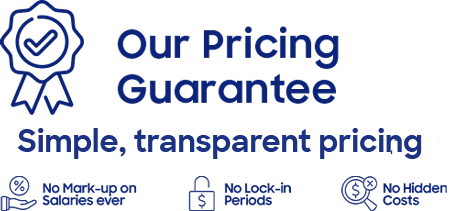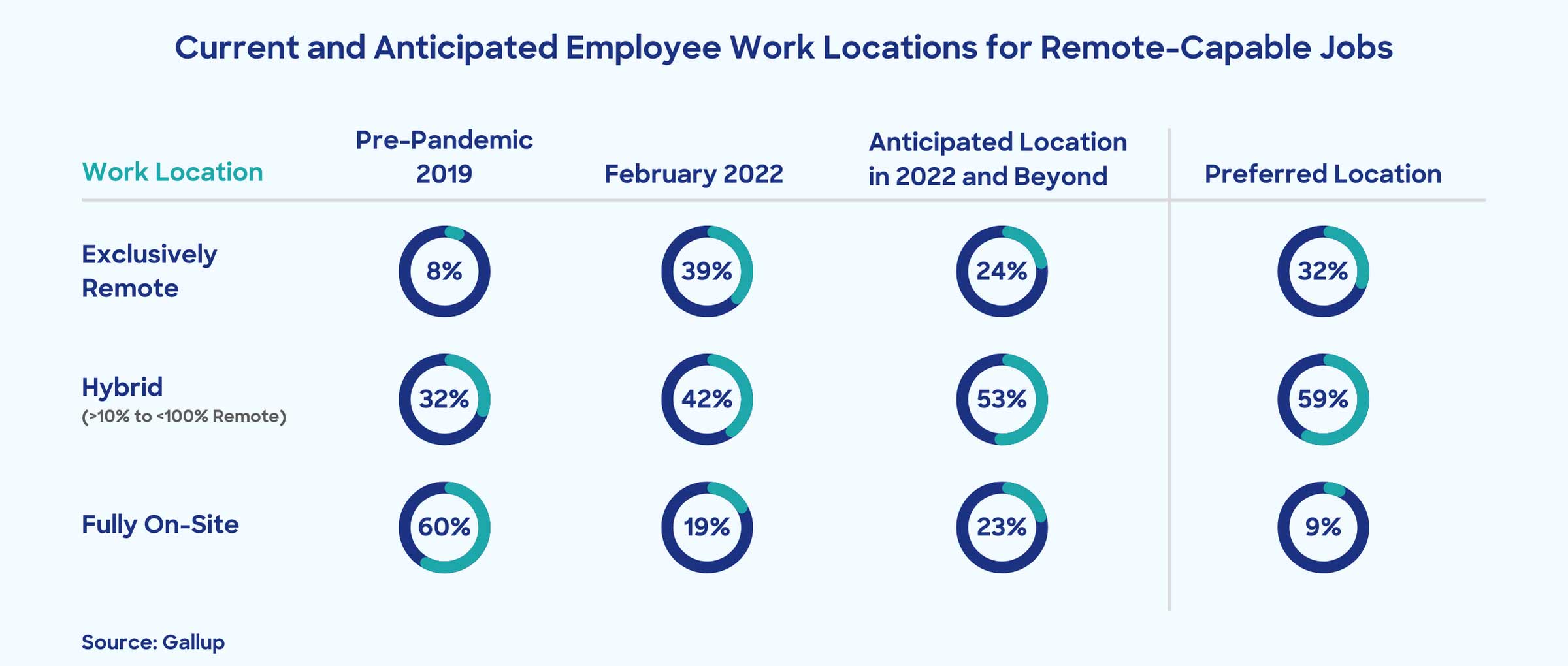‘The Great Resignation’ goes ‘full swing’ in PH: Should you be alarmed?
People are quitting their jobs. Global inflation is heating up. The pandemic is not yet over. The times may not look good, but it’s not without opportunities.
‘Great Resignation’ statistics: The kids are quitting
The need for decent salaries, comprehensive benefits, and clear career growth opportunities are making a lot of Filipinos quit their current job, a 2022 study by HR solutions provider Sprout showed.
According to Sprout’s “State of HR” report, 62% of the employers surveyed saw an uptick in resignations, mostly for workers aged 20 to 24 – the Gen Z’s.
The numbers follow the same global trend that experts started noticing just a year ago at the height of the pandemic, the “Great Resignation.”
The “Great Resignation” wave in the Philippines shows the same key findings: People want to join an organization that sees them, hears them, values them, and cares for them.
Workers want to be with a company that will allow them to grow both professionally and personally – they want to work, but they also want to work with meaning.
READ: Millions Joined the ‘Great Resignation,’ Why Did This Worker Stay?
Should you be alarmed?
True, many people are quitting their job today. But it also means many people are actively looking for work. The “Great Resignation” is also a great hiring opportunity.
One must understand that people are not quitting their job because they do not want to work. They want to work, but they want to be in a place where they can be productive and eventually grow.
Even if you are affected by this mass resignation phenomenon, there is no sense in panicking. You must accept that it is happening, and changes must be made.
Of course, not all changes are smooth, especially in business. Often, changes would even entail expenses and lots of time spent testing out solutions.
But change is important. And more than just “expenses,” you must realize that making the necessary changes in your business is an investment.
Delaying change would just put you behind. As Dylan puts it, “the first one now will later be last for the times, they are a-changin’.”
‘Hybrid’ workplace model is the way
But change needs direction for it to work. And what hard data shows us right now is that a hybrid work model is the way.
Initially, the hybrid workplace model was the response of businesses to the tight quarantine restrictions at the height of the COVID-19 pandemic.
And it worked! Many businesses survived and thrived during the pandemic by adopting a hybrid work model that allowed employees to work remotely or onsite, depending on the need.
More than allowing business to thrive, allowing hybrid in the workplace gave employees more control over their work and personal lives, with more time spent with family.
In the Philippines, hybrid work even allowed employees to save on fast-rising fuel prices and transportation fares.
But as restrictions eased, some companies were not keen on moving forward with a hybrid work model. These businesses are the first casualties of “The Great Resignation.”
What they failed to see is the fact that what used to be the exception became the rule. Hybrid work was no longer just a response to the quarantine but also the rapid technological changes.
Employees understand that technologies for hybrid work exist, and companies that wouldn’t want to adapt do not fit the future of business.
What can you do?
All the data cited above touched on two important aspects of employment if you want to gain an edge in the post-pandemic era of work: hybrid work and company culture.
The most obvious point of investment moving forward is hybrid work, which requires changes in IT infrastructure, equipment, software, systems, and information security.
Companies would need to invest in high-powered laptops from the traditional computer set to enable employees for hybrid work.
There is also a big emphasis on adopting streamlined cloud solutions to make the hybrid model work effectively.
Human Resource departments, for example, need to adopt automated HR systems to reduce the complexity of hybrid work arrangements.
These HR systems will allow employees to clock in, access personal payroll information, and other kinds of support wherever they are.
The next point of investment is work culture. While salary and benefits remain the top priorities for people looking for work, there is also a clamour for growth and meaning.
People want a workplace where they can express themselves safely, a workplace where their voice matters, and a workplace where they can realize their full potential.
Sprout’s 2022 report tells it all – the top three benefits that employees want from their employers are allowances, mental health wellness programs, and fitness opportunities.
Employees’ benefits are all directed towards personal growth, which they believe is equally important as their career growth.
People are tired of company slogans. What they want now are concrete policies. If you tell them they are part of the “family,” they want it to reflect on the system, not just your words.
The kids are right
Most people from the older generation would blame the “Great Resignation” on the young ones. You often see posts where veterans lash out at Gen Z workers for being “soft” and “quitters.”
But aren’t the young ones right all along? Fair and decent wages, health benefits, clear career paths, work-life balance – aren’t these the things every generation has longed for?
Maybe, it’s time to admit that the kids know better. In this age of people empowerment, they have the power to shape up the new normal of work, and we might as well listen and follow suit.
After all, this “Great Resignation” phenomenon isn’t an end but an opportunity to do better. It is the beginning of evolution, a turning point that pushes us to the next era of doing business.
So, as the song goes: “You better start swimming, or you’ll sink like a stone.” It’s either you adapt and survive or do nothing and stay behind. The choice is yours.

















